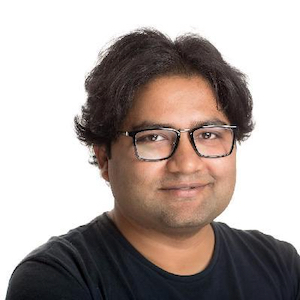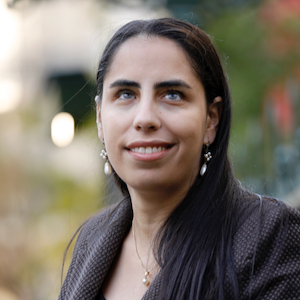
Prof. Kshitij Sharma is an Associate Professor at Norwegian Institute of Science and Technology at Trondheim, and the Academic Director of AI Transparency Institute. His background is in the area of Human-Computer Interaction and Collaborative/cooperative learning. In particular, his doctoral work was in the area of using multimodal data (EEG, eye-tracking, facial expressions, audio, dialogues, blood pressure, skin conductance, heart rate) to explain the differences between and predict, experts and novice groups; good and poor students; functional and non-functional groups. The main context for the application of his research has been education. His research interests are primarily in the area of Applied Machine Learning, Artificial Intelligence, and Human-Computer Interaction (HCI) with a heavy emphasis on groups’ behavior and physiological data such as eye-tracking, EEG, facial expressions (theoretical and practical methods in digital interaction). He seeks to understand relations between users’ data (EEG, eye-tracking, system log data, users’ actions) and the profile of the user (expertise, motivation, strategy, performance) based on empirical experimentation (controlled experiments) and mixed methods analysis (utilizing a multitude of digital technologies). The knowledge gained from these studies is then used to provide feedback to the group or adapt to the needs of the group in a proactive manner. For this effort, in his studies, he has combined eye-tracking and users’ actions to provide more comprehensive results through data science, statistics, and machine learning practices.

Dr. Doaa Abu-Elyounes is currently working at UNESCO on the ethics of artificial intelligence, she was involved in the work on the Recommendation on the Ethics of AI and now in its implementation. Doaa is also an Affiliated Researcher at the Berkman Klein Center for Internet and Society at Harvard University, and an adjunct lecturer at the Ecole Normale Superieure in Paris. Doaa obtained her PhD from Harvard Law School. She researches the topic of algorithmic governance and the different ways to regulate artificial intelligence.
Doaa has extensive experience working on public policy at the national and international level. Prior to her work at UNESCO, she worked in the OECD on AI regulation and was involved in shaping their work on the matter. Previously, Doaa also worked at the Supreme Court of Israel as a law clerk; and at the Israeli Ministry of Justice as an advisor to the Director General of the Ministry.
